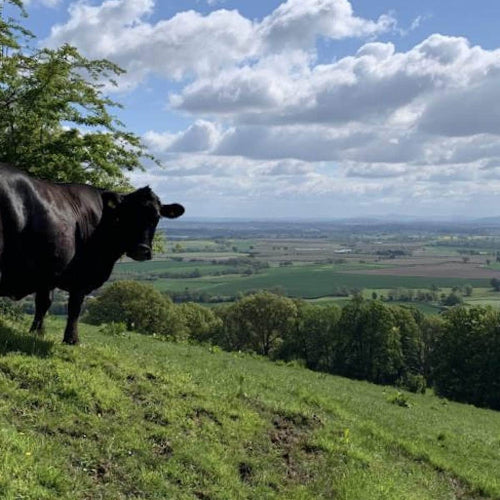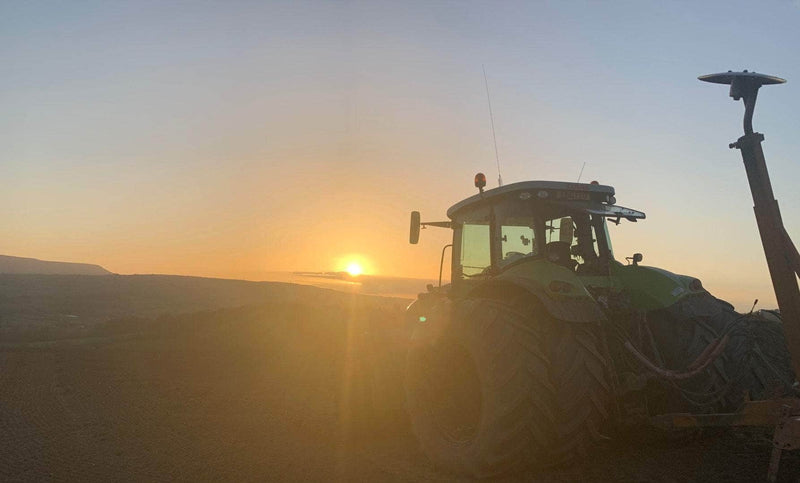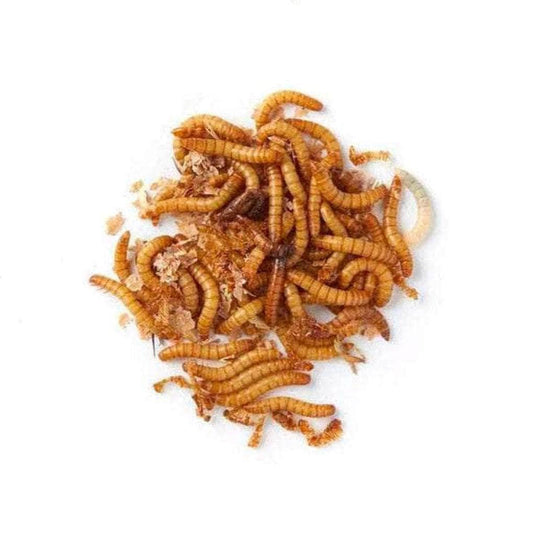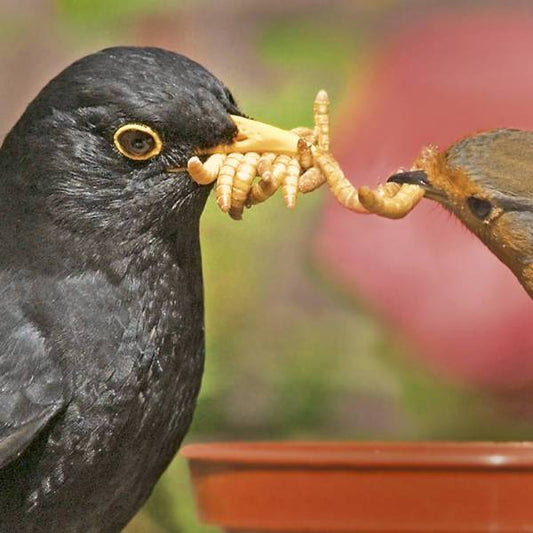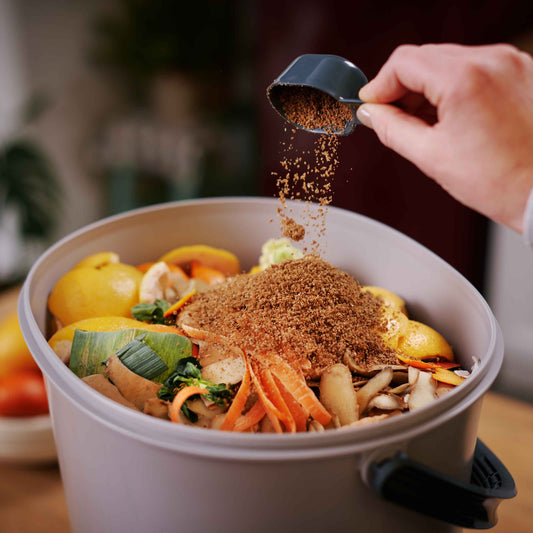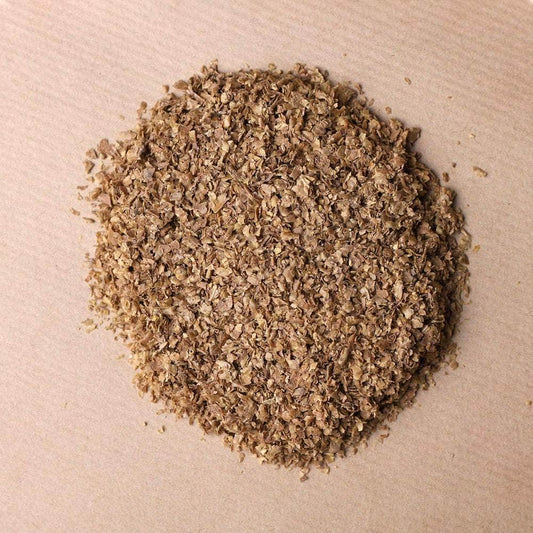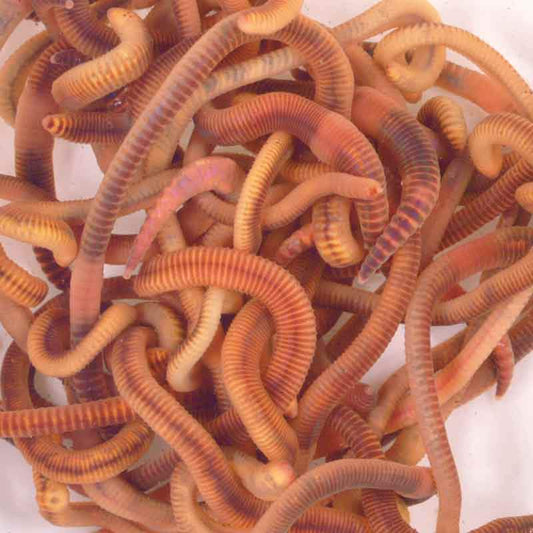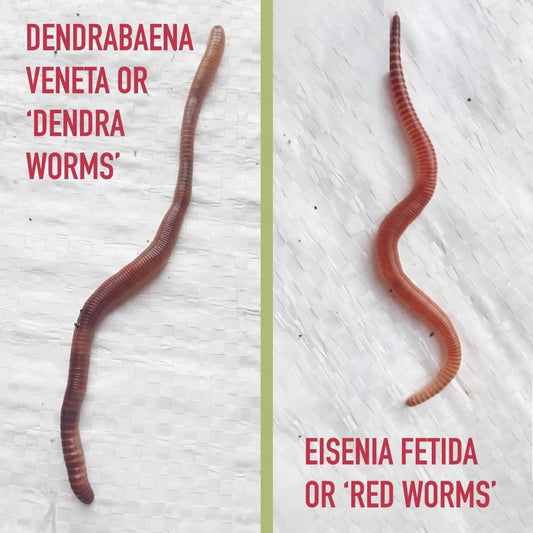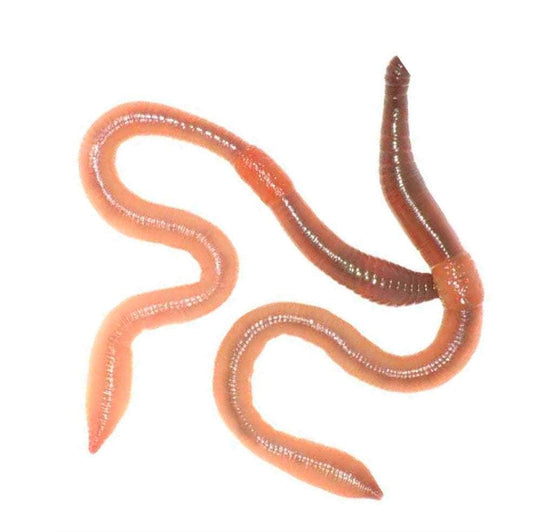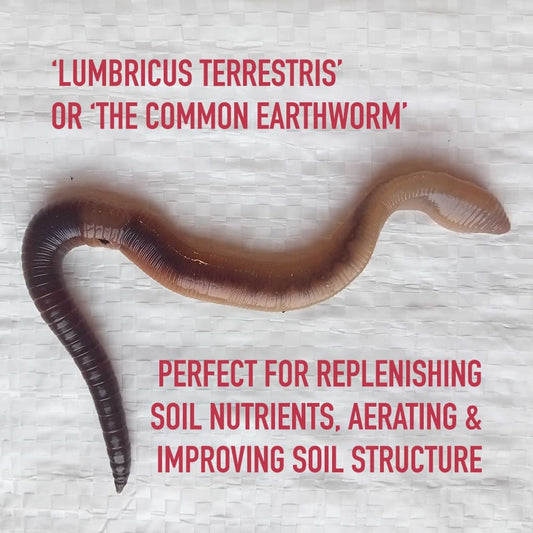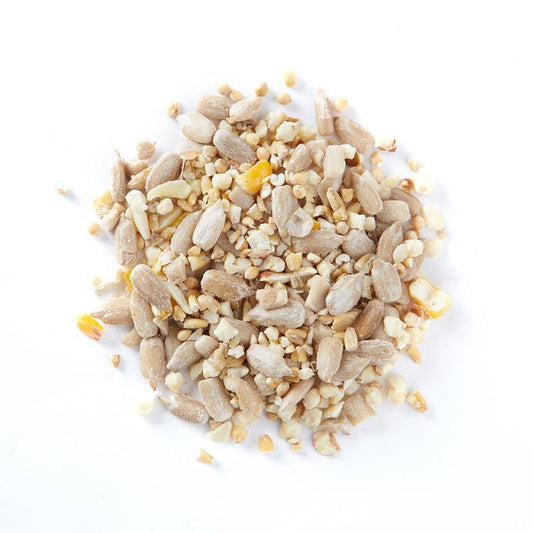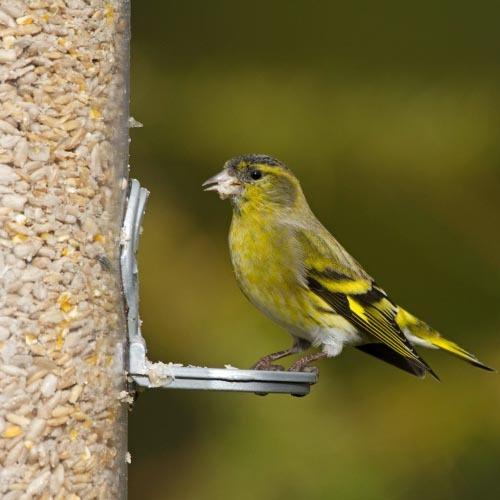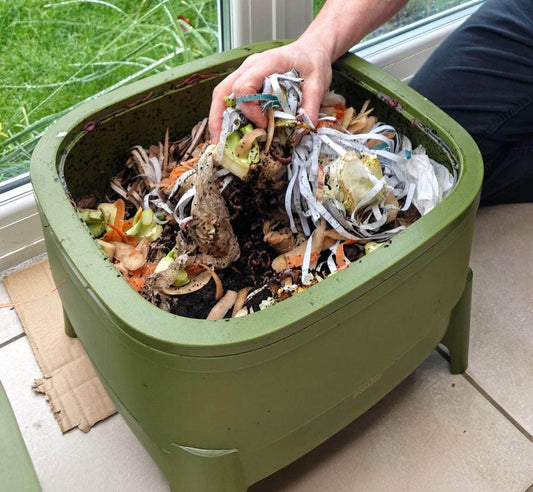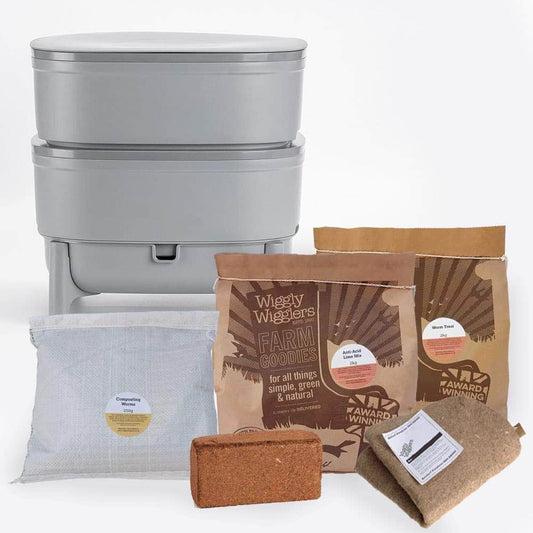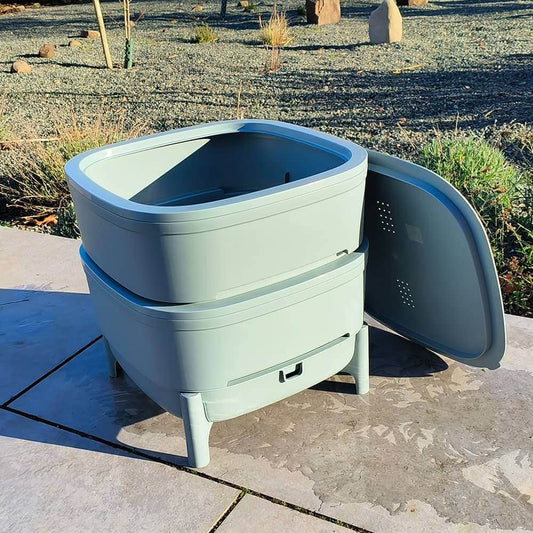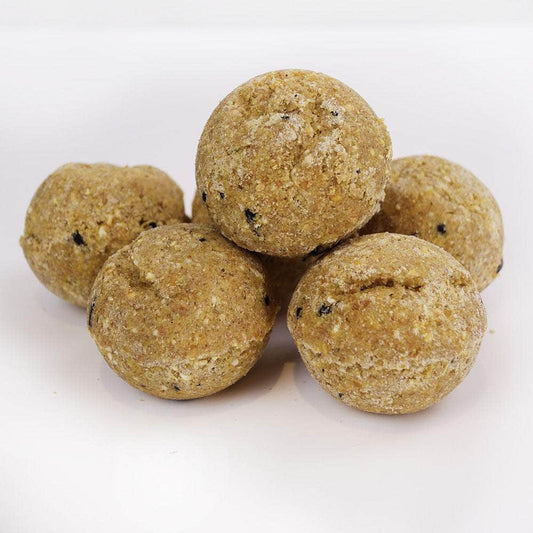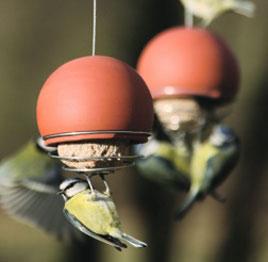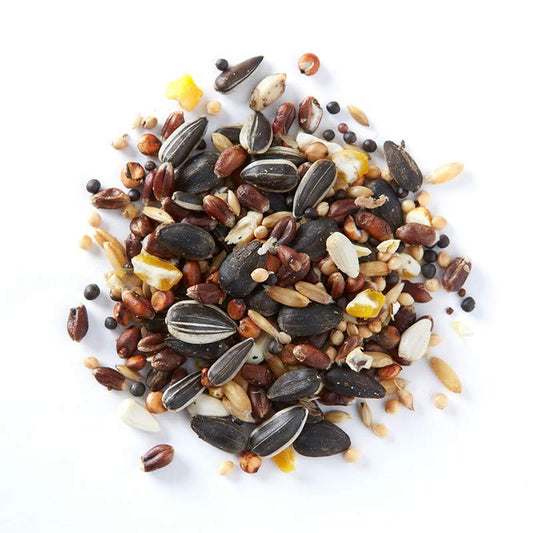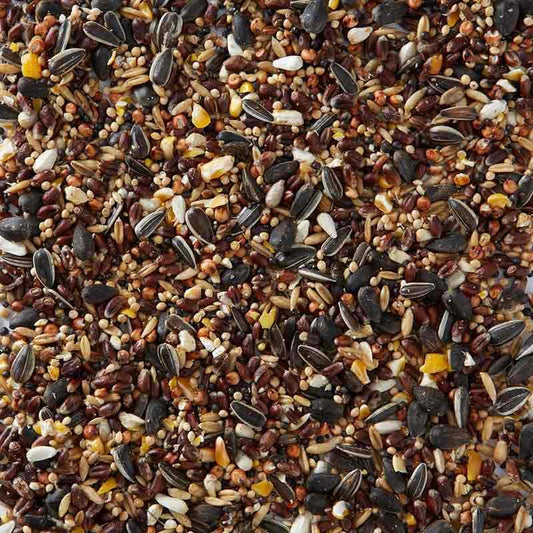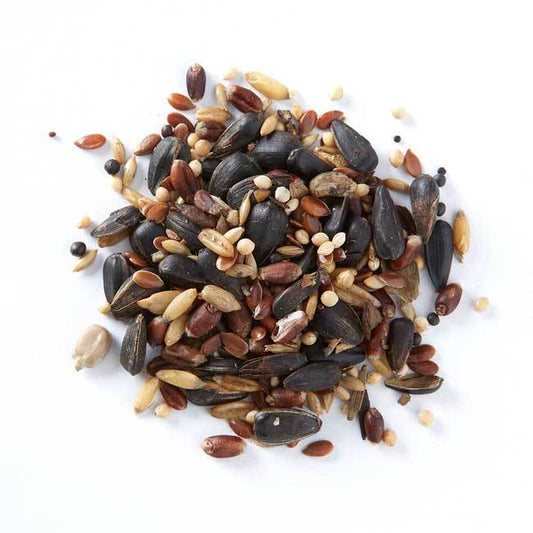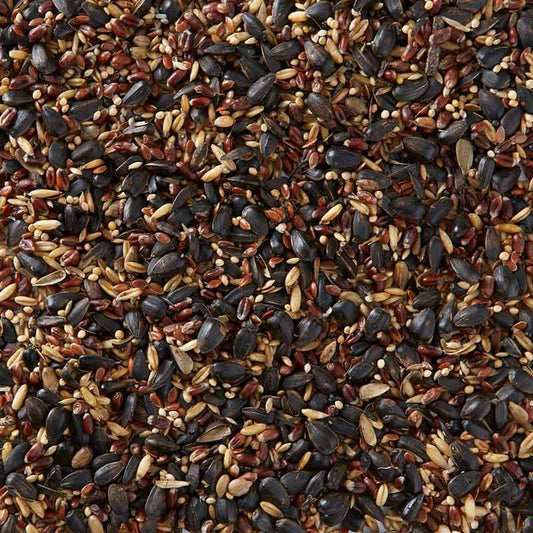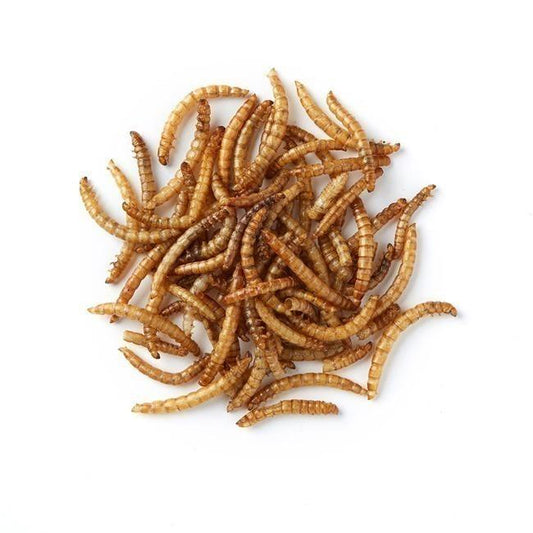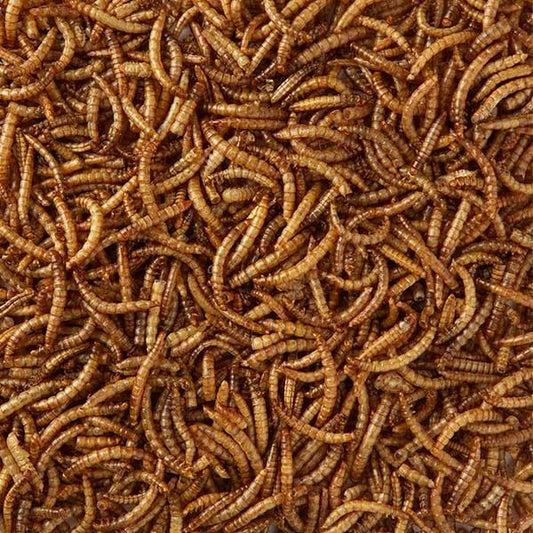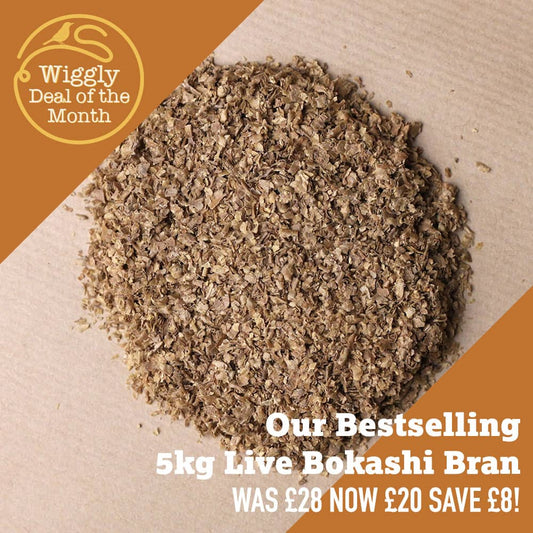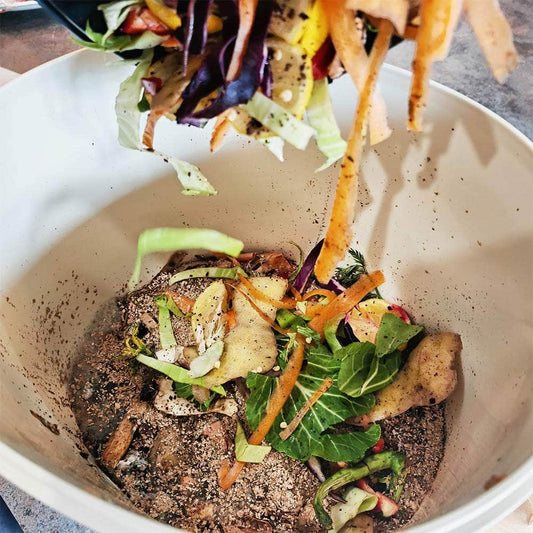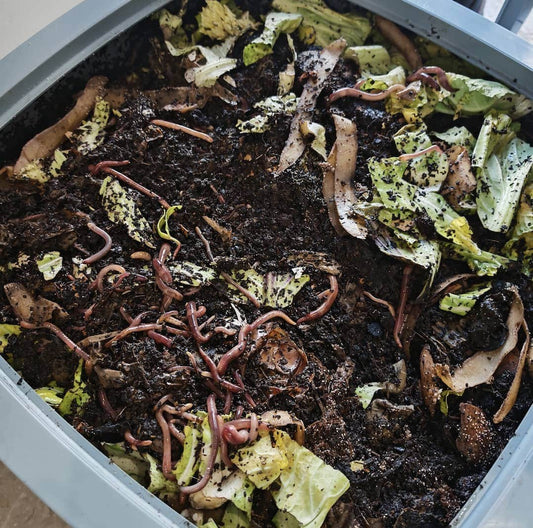Turn your kitchen scraps into living compost with our live Composting Worms – the perfect mix of Tiger Worms (Eisenia fetida) and Dendrobaenas (Dendrobaena veneta), the UK’s best species for wormeries, compost bins, and enclosed composting systems. These are epigeic (surface-dwelling) worms that live naturally in the top few inches of soil, thriving in manure heaps, leaf litter, compost piles, and other rich organic matter.
Unlike deep-burrowing lobworms (Lumbricus terrestris), which prefer garden soil, composting worms work where oxygen and microbes are most active — the top layer of your wormery. Here they rapidly digest kitchen and garden waste, converting it into microbe-rich vermicompost (often called black gold) and liquid fertiliser (worm leachate) that boosts soil health, plant growth, and microbial diversity.
-
Tiger Worm / Brandling Worm (Eisenia fetida) – small, red-banded, fast-breeding worm found in manure heaps and compost piles. Known for exceptional composting speed and high tolerance to organic acids.
-
Dendrobaena / Red Worm (Dendrobaena veneta) – larger, tougher species found in woodland litter and manure layers. Highly adaptable to temperature and pH changes, providing long-term stability in wormeries.
Together, these worms form the ideal composting partnership — fast, resilient, and endlessly productive. Each order is packed in a breathable bag with moist bedding to keep them comfortable on their journey and is protected by our Full Live-Arrival Guarantee.
They’re the right worms for the job – nature’s original recyclers, ready to turn your food waste into fertile, carbon-rich compost while helping you reduce landfill and nurture healthy soil.
Ecological Note
Both are surface-dwelling (epigeic) worms that rarely burrow deeper than a few inches — unlike endogeic worms (which live deeper within the soil) or anecic worms like the common lobworm (Lumbricus terrestris), which build deep vertical burrows and are unsuitable for wormeries.
Choosing the Right Amount
-
Top-up an existing wormery: 250g - 500g (around 400 - 1000 worms)
-
Start a new household wormery: 500g (around 800–1,000 worms)
-
Large bin or community composter: 1 kg (around 1,600–2,000 worms)
-
Garden compost heap: about 1 kg per m² of active surface
(Sold by weight – worm size varies seasonally.)
Wiggly Tip
If you’re starting a new wormery, add a Coir Bedding Block or similar moist base material to help your new worms settle in quickly and comfortably.
From Our Farm
Your worms are packed and sent directly from our Herefordshire family farm, where regenerative farming is at the heart of everything we do. Composting is one of the ways we close the loop — turning waste into a resource and improving soil health across the farm.
Every pack you order supports a small British business working to make composting easy, circular, and good for the planet.
Sustainability & Packaging
Packed in a breathable compostable bag with a little moist bedding to keep them cool and healthy during transit.
The packaging is fully recyclable, and the included bedding can go straight into your wormery. We reuse and minimise materials wherever possible to reduce our footprint.
How to Use
-
Prepare a moist, neutral bedding layer (coir or paper/cardboard).
-
Tip in your new worms with the travel bedding.
-
Cover with a Moisture Mat or damp sheet of newspaper.
-
Feed small, regular portions of chopped fruit and veg waste.
-
Drain any liquid weekly and dilute before using on soil.
Wiggly Tip: Little and often beats heap and hope.
Ideal Feeding Material
✔ Fruit and veg peelings
✔ Teabags (no plastic), coffee grounds
✔ Chopped card and paper
✔ Crushed eggshells (to balance acidity)
🚫 Avoid: oily food, meat, fish, dairy, citrus in bulk, pet waste.
What They Produce
-
Vermicompost (“Black Gold”) – fine, microbe-rich compost for pots, veg beds and borders.
-
Leachate (liquid fertiliser) – dilute 10:1 and apply to soil, not foliage.
-
Compost Tea (optional) – aerated brew from mature compost for fast microbial action.



















